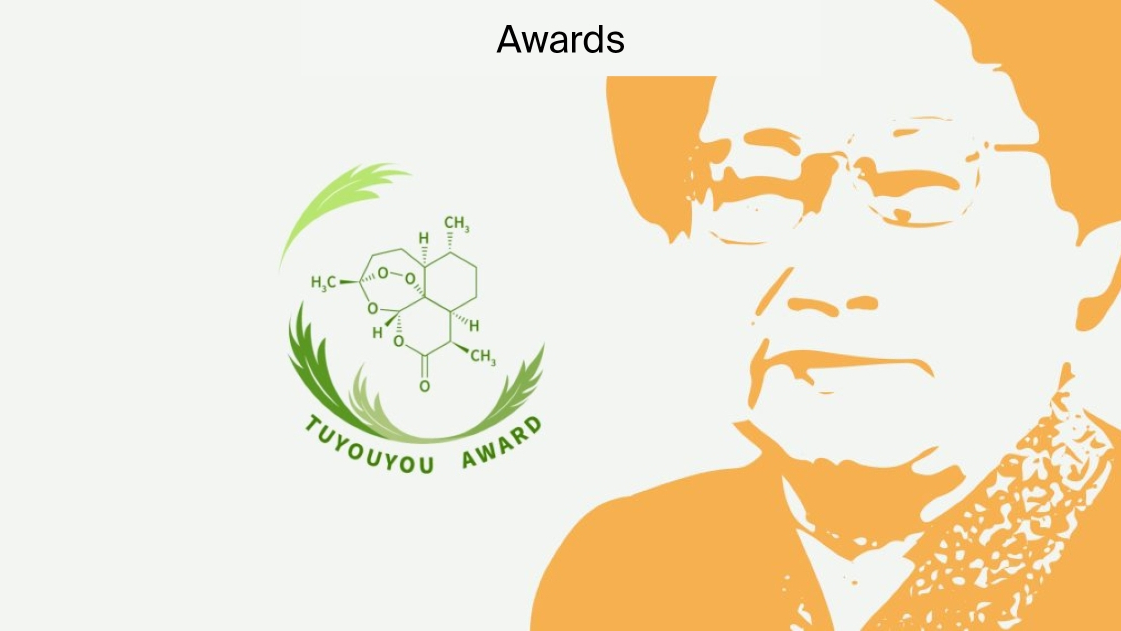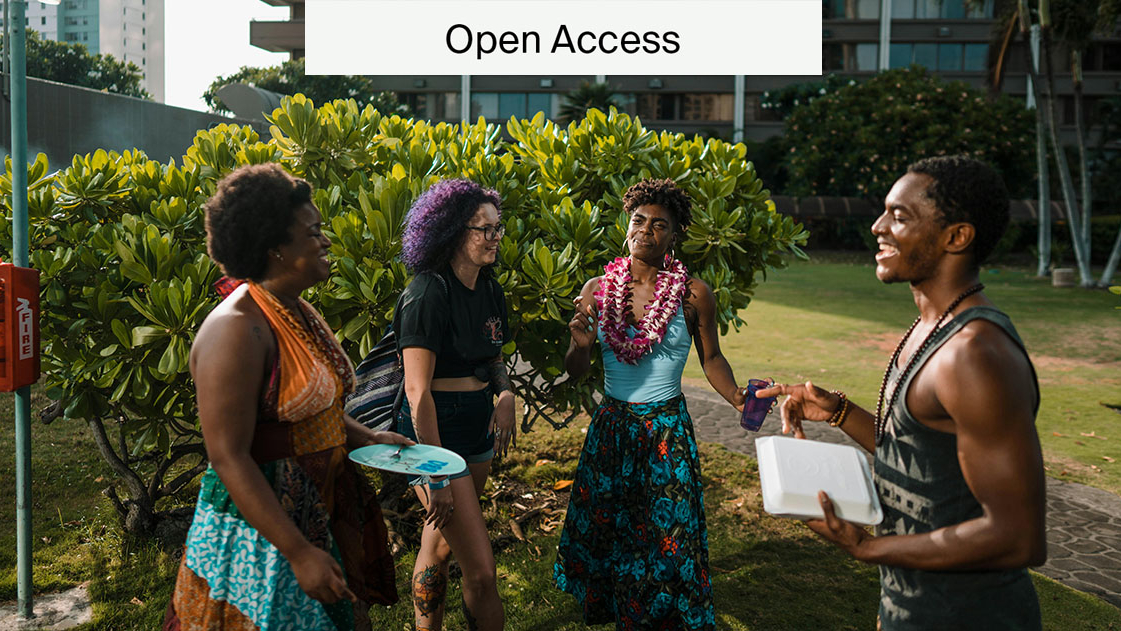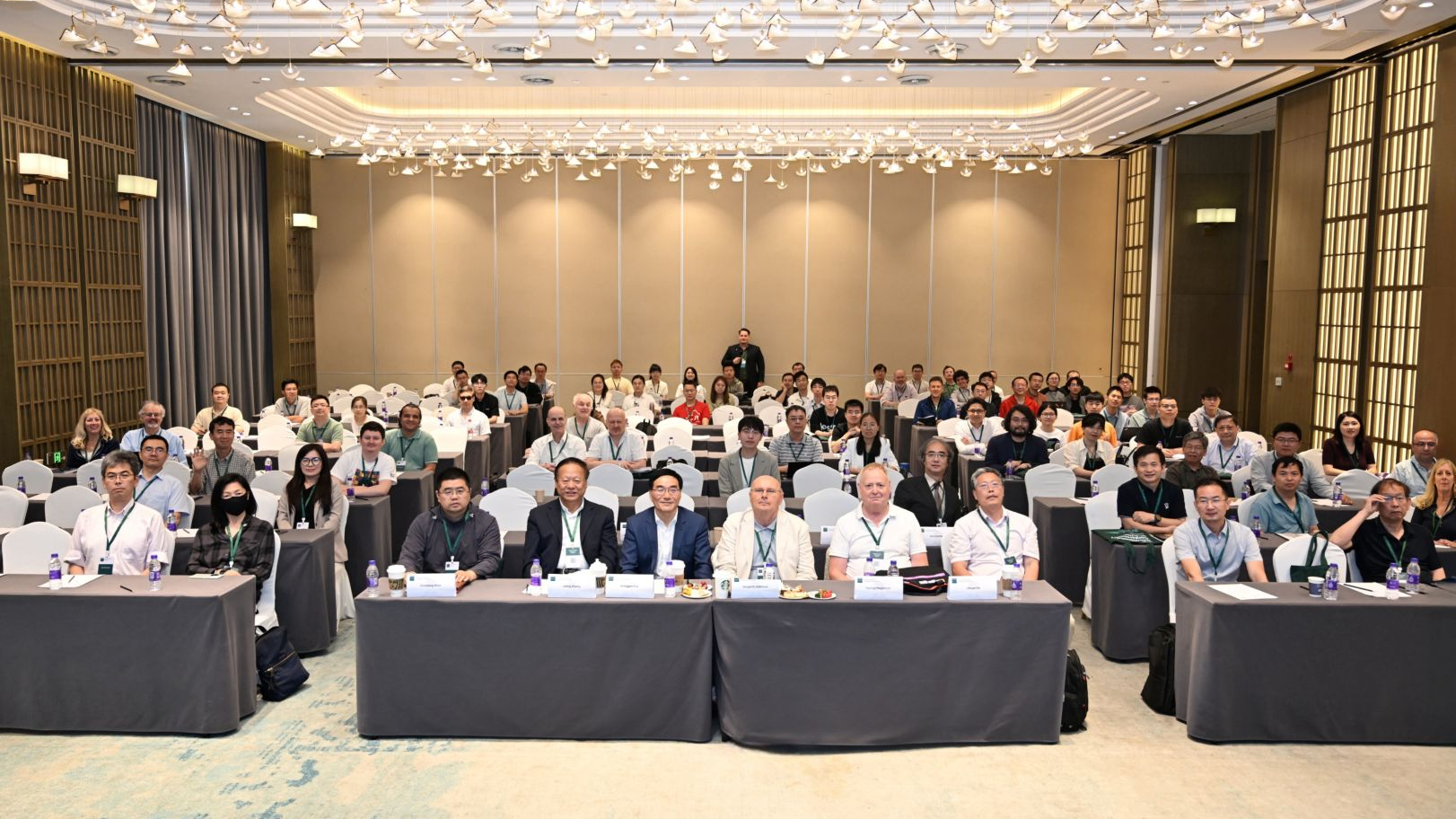
Leading Female Voices in Open Access Publishing
For International Women’s Day (IWD) 2024, the focus is Inspire Inclusion. Having a diverse and inclusive community is key to achieving the aims of Open Access—removing all barriers to producing and accessing research. Accordingly, there are many leading female voices in Open Access publishing that we can celebrate.
The first woman we’ll be celebrating, Heather Joseph, reflected in 2013 on the Open Access movement in a way that captures the spirit of what we’ll be discussing:
The story of the last 10 years [of Open Access] has truly been the story of these myriad individual actions building one upon another, resulting in a full-fledged global movement making Open Access the norm in how we share research and scholarship.
Here, we’ll explore the work and ideas of three women in Open Access publishing to celebrate IWD.
Heather Joseph
Heather Joseph has been the Executive Director of the Scholarly Publishing and Academic resources Coalition (SPARC) since 2005. During her time, SPARC became the leading advocacy organisation promoting innovative open and equitable global systems of research and education.
She is focused on the organisation’s efforts of sharing knowledge, leading its strategic work. This includes guidance and advice to public and private funders and being consulted as a widely respected expert on national and international open research priorities, practices, and implementation strategies.
Her work has contributed to a large shift in public policy towards open knowledge sharing, including being consulted for the development of the landmark White House Memorandum. This requires all federally funded research be made Open Access by the end of 2025.
Expanding Open Access
In a lecture speaking to library professionals, Heather Joseph described how “Open Access is not the end goal. It is an enabling strategy”. Open Access emerged out of a focus on publishing articles in journals, but her vision is broader, focusing on opening what is contained within them: knowledge.
This broadens the idea of Open Access to other forms of communications, including books, data, and research materials. She explains how “this is knowledge that is meaningful to everyone everywhere”. So, why should we restrict it to articles?
Open knowledge
In the lecture, she refers back to the Budapest Open Access Initiative and how it strived for Open Access as starting a “common intellectual conversation”. This idea of a conversation is key to her thinking.
Open knowledge is her vision of an ecosystem where all research objects across the research lifecycle are made freely available. This would encourage more interaction through the process of research, rather than just after publication.
Moreover, this would help those for whom research is difficult to conduct, whether that is due to disabilities, funding, or politics, to still be able to contribute to science by ensuring they can access research and data they wouldn’t otherwise.
Overall, her work has vitally contributed to Open Access and her ideas are contributing to expanding it as a concept, to make it more interactive and inclusive, returning to the vision of research as a “common intellectual conversation”.
Eva Mendez
Eva Mendez has a PhD in Library and Information Sciences and is an expert in metadata. She has been a lecturer at the LIS department, Universidad Carlos III de Madrid, since 1997 and a Tenured Professor since 2008.
Moreover, she is an active member of several international research teams, advisory boards, and communities, covering fields including metadata, open data, and digital repositories. In 2022, she also jointly produced an executive summary for the EU’s Research and Innovation section on Intellectual Property Rights.
She describes herself as an ‘open knowledge militant’ and has been described as the “Open Data Champion” by SPARC Europe.
Trends and developments in the future of Open Access
In a 2023 book, Mendez wrote a chapter exploring the challenges that need to be addressed to fully implement open science. Here are the main issues she identifies:
- The way we communicate science is changing, so we need innovative approaches.
- We need to change the way we measure science, including assessing researchers and the quality of papers.
- More open copyright licenses (like CC BY) need to be implemented on a legislative level.
- Policy frameworks need to include Equity, Diversity, and Inclusion.
Most of these changes revolve around updating traditional models and practices to accommodate for technological and cultural changes. However, there is one technological change she highlights as standing out from the rest.
Synergising Open Access and artificial intelligence
Mendez explains how Open Access aims to make scientific knowledge more accessible and transparent and how artificial intelligence (AI) promises to bring new insights and capabilities to scientific research. Hence, she argues, we need to ensure they evolve together to benefit science most.
Using AI in this context presents many opportunities but also several challenges, particularly those related to research integrity.
Mendez urges that we actively preserve what underpins the scientific process: principles of honesty, trustworthiness, and transparency. Only with those in mind can we integrate AI into the scientific process to ensure it boosts rather than detracts.
Mendez’s argument captures a vital point: that as we undergo a technological revolution, we must hold onto the traditional values that have kept science together until now.
Marta Teperek
Marta Teperek is the programme leader for FAIR Data. She is an advocate for data management and openness.
She obtained her PhD in epigenetics and developmental biology from the University of Cambridge. For it, she studied rare frog species. Working with researchers from all over the world led her to see the power of data. Before publishing her work, she was already sharing genomic data to support those around her.
After completing her PhD, she played a leading role in establishing the research data support team at Cambridge. And she was a co-chair of the FAIR in Practice Task Force within the European Open Science Cloud FAIR Working Group. This helped define tangible steps for various stakeholders to take when adopting and implementing FAIR data principles.
Open infrastructure
Teperek was the Director of 4TU.Research Data. 4TU is a collaboration between four universities of technology in the Netherlands that aim to boost and pool technical expertise and to help researchers share data.
She explains that preserving datasets is crucial, especially for data that cannot be replicated. For example, real-time weather observation data cannot be reproduced and are highly important for future climate change research.
4TU provides a common data repository for researchers to submit to and access. Sharing infrastructure across the four universities saves costs and enables the exchange of knowledge, expertise, and experience in the field of data management.
After building an active community of researchers around their repository, 4TU had a technologically proficient community providing suggestions and improvements. Accordingly, they embraced this community and let them join in on developing the platform. Teperek initiated and supervised the transition to a free and open-source software repository.
Community-driven development enabled them to work towards a sustainable infrastructure that is agile and able to quickly respond to changing community needs.
What is slowing down data sharing?
In a 2018 article, Teperek cited several surveys asking researchers about barriers to data sharing that indicated that the main obstacles are cultural, not technological. Interestingly, the issues of large datasets or a lack of repositories ranked in the bottom three, with the main issues as follows:
- Sharing data is not a common practice in my field.
- I prefer to share data on request.
- Preparing data is too time consuming.
She explains that the tools are all there, but data management is simply not embedded in most researchers’ everyday practice. Accordingly, she advocates for data champions—local advocates for good data management and sharing policies. These data champions can help share skills and create tailored data management workflows, specific to individual research groups.
Teperek’s work is vital for helping researchers embrace open data, particularly those that may not have the technological capabilities but do have the desire to do so. Again, this helps open up science to those who do not have access to data and also increases the potential for collaboration.
Her insights revolve around her reflection that having the right tools and infrastructure in place is not enough; we need to get the right people to support and communicate them. This brings us back to the idea that began the article—the community.
Celebrating leading female voices in the Open Access community
There are many leading female voices in the Open Access publishing community who are doing similarly vital work. However, there remain vast gender inequalities across the publishing community, including unequal pay, discrimination, and lack of inclusion, to name a few.
Hence the necessity of International Women’s Day, whose theme this year is Inspire Inclusion. The Open Access publishing model is crucial for enhancing transparency and inclusion across key fields such as healthcare and the environment. Platforming the work of women in science can help to make more space in the community, and better acknowledge the collaborative efforts that help make equitable aims such as openness in science a reality. Click here to learn more about what we’re doing to champion women’s health.
We’re dedicated to giving you all the information you need to understand Open Access. Click here for our article, All You Need to Know About Open Access, which covers a range of topics that can help boost your understanding and also keep you up to date.










